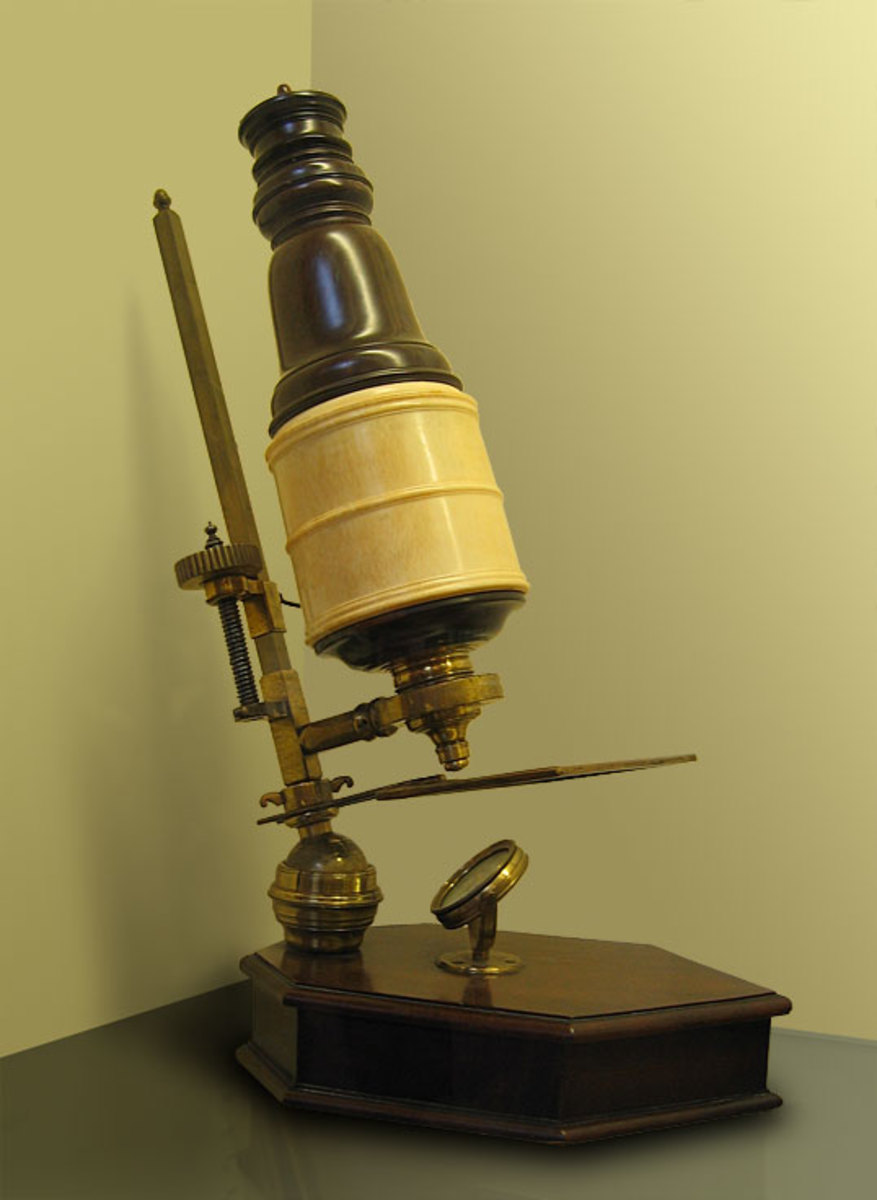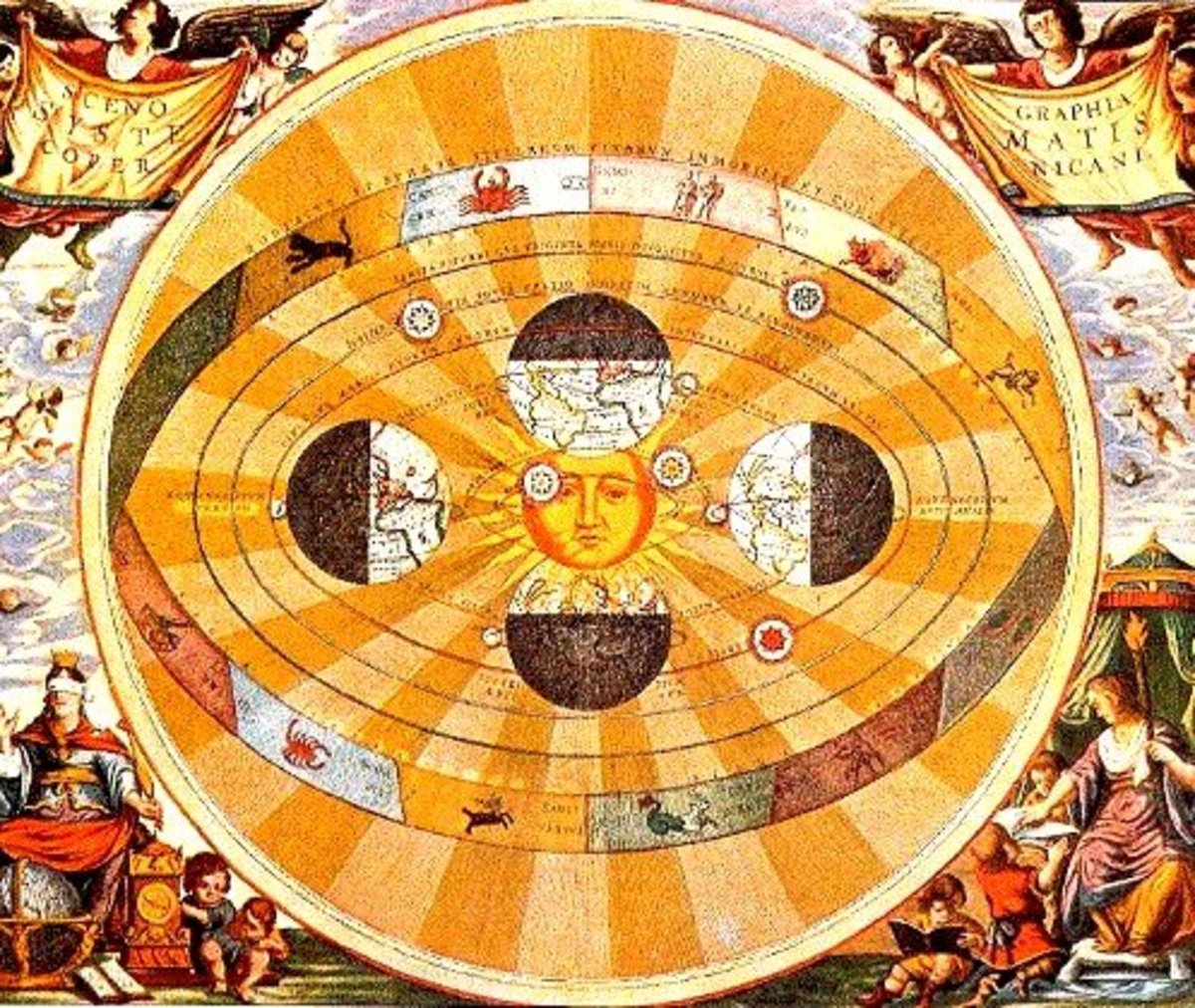A Time Line About Time

The History of Time
While we working stiffs live on what is called “Industrial Time” - time actually has a history at least 30,000 years old and is much different from today.
Time has been told by the sun and the moon, solar years and lunar months. More recently there have been water clocks, swinging weights to tell time and pendulum driven clocks. Pocket watches and wristwatches came much later.
And then there is what we know - industrial time. During the industrial revolution people began working in large factories. It has been written that for the first time in history, people were expected to organize and live their lives according to the time of day. Well, let the rat race begin!
Soon factory owners and merchants were paying for large public clocks to be erected. Many were placed on giant church towers so they could be seen from miles away. It wasn’t long before “punching in” and “punching out” began. These were the clocks installed in factory entrances to record the time when a worker arrived and left.
The following is a time line about time dating from over 30,000 years ago.
TIME LINE:
B.C.
circa - 30,000 - We judge daily time by the sun and a monthly cycle is judged by the moon.
c. - 10,000 - We begin using a yearly cycle for farming, based on the sun.
c. - 2800 - Babylonians use sundials.
c. - 2200 - Egyptians use star clocks for telling time at night.
c. - 1600 - The completion of Stonehenge. Stones are place in such a way that the time of the year can be determined by watching where the sun rises or sets.
- Babylonians use a complex calendar which combines a monthly moon cycle and an annual sun cycle.
c. - 1400 - Egyptians use shadow clocks to tell time during the day.
c. - 1000 - Babylonians develop a method for measuring time by using a 24 hours in a day, with 60 minutes per hour and 60 seconds per minute.
c. - 600 - Greeks use clepsydra, a type of water clock, to measure time.
c. - 45 - Julius Caesar, Roman dictator, introduces a new calendar based on the 12 Roman months including a leap year every four years.
A.D.
723 - A Buddhists monk in China produces a clock driven by water.
1090 - Su Song, a Chinese scientist builds the first accurate mechanical clock.
1386 - Salisbury, England produces the oldest surviving mechanical clock.
1511 - Peter Heinlein, a German clock maker makes the first known pocket watches.
1582 - Pope Gregory XIII removes one leap year each century to create the modern calendar
1583 - Galileo Galilei, an Italian scientist, discovers that a pendulum takes the same amount of time to complete each swing.
1656 - Christiaan Huygens, a Dutch scientist finds a way to link a pendulum to a clock, which produces accurate time-keeping.
1704 - Facio de Dullier, a Swiss watchmaker, first uses tiny jewels in watches.
1773 - John Harrison, an English inventor, produces a clock accurate to a few seconds if it is kept running.
1880 - The British government establishes standard British time, set by scientists at Greenwich.
1914 - Fighting officers in WWI give up pocket watches in favor of wristwatches.
1924 - The ‘time pips’ are first broadcast by the BBC so people can set their watches accurately.
1951 - The first electronic computer with a built-in timekeeping device goes on sale.
1991 - The Hewlett Packard 5071A is considered the world’s most accurate clock. It is said to be accurate to one second every 1.6 million years.
By the 1930s most people living in industrialized societies were well conditioned to living by the clock. It became unthinkable to figure out the time of day judging by how high the sun was in the sky.
Enter the age of technology. Where have all the clocks and watches gone? It seems that now we use cell phones more than ever to tell time. I cannot remember the last time I wore a watch.





